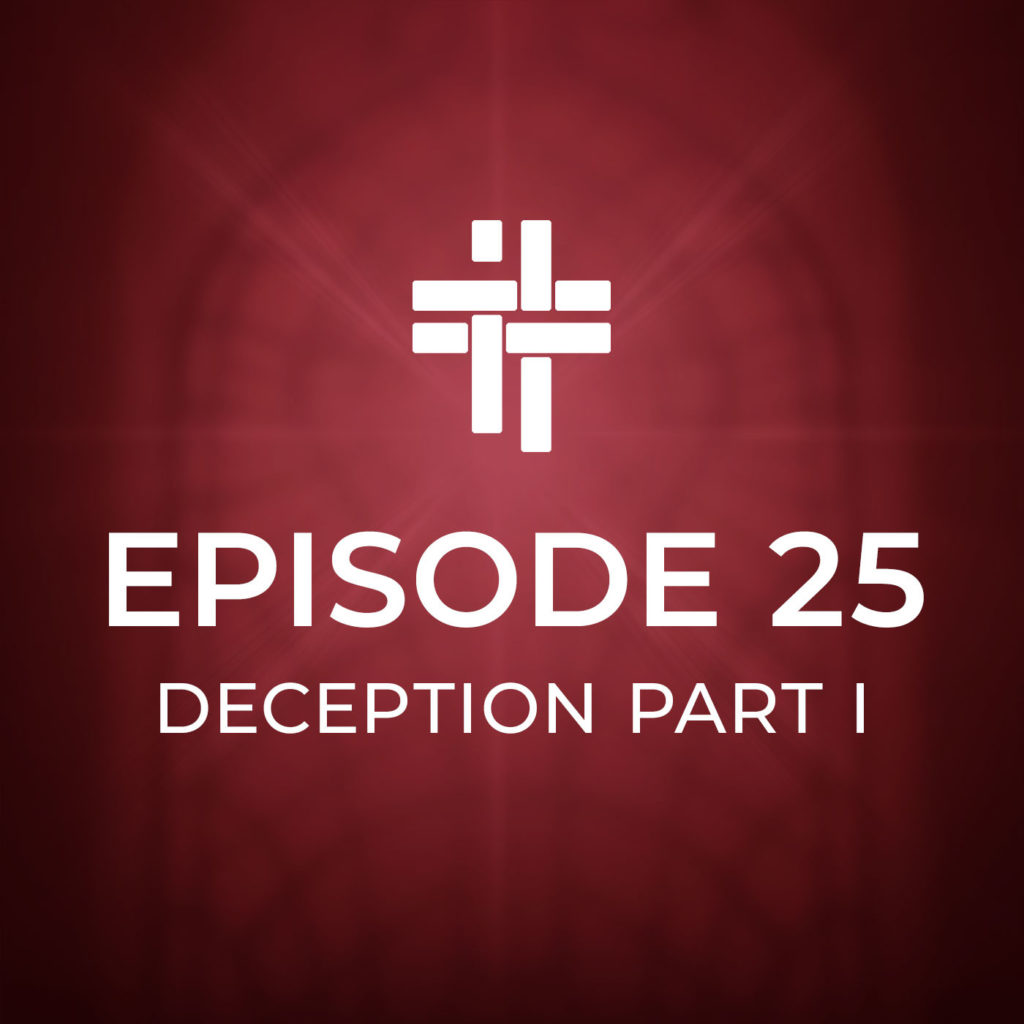The first instance of a Destructive Hidden Influence, the prototype we call the Serpent, appears in Genesis. The passage describes the primary source of all conflict. In this mystical lesson we discover what we might call Original Deception. The Serpent models the paradigm of a Destructive Hidden Influence — a covert deceiver who wrecks relationships.
Podcast: Play in new window | Download (Duration: 10:47 — 14.8MB) | Embed
Subscribe to the podcast
Credits
“Angel Share” and “Concentration” Kevin MacLeod Licensed under Creative Commons: By Attribution 3.0 License


